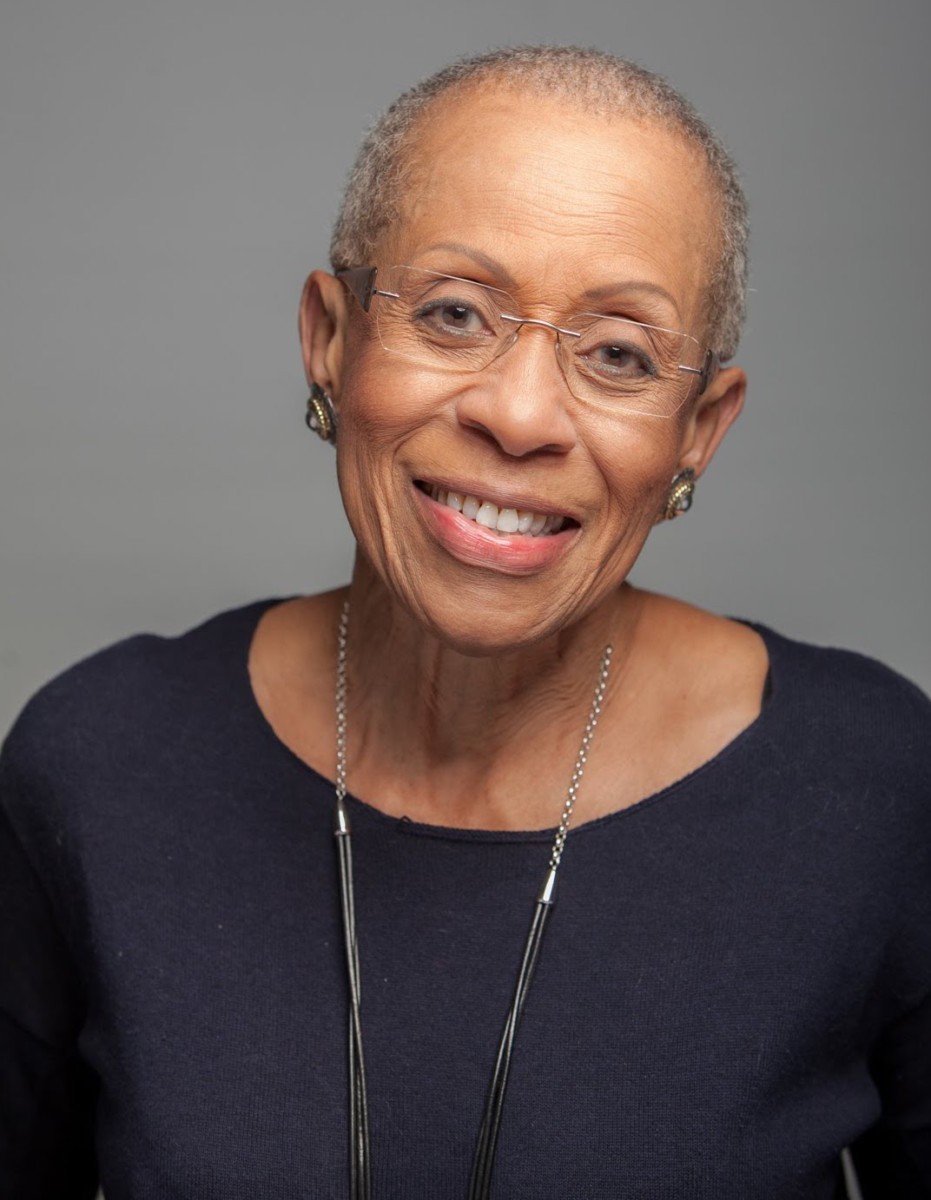Blackness and Black History Month
Happy Black History Month from REST Centres!
Black history month is a time to commemorate the forefathers and founders of Black communities, their achievements, and their ongoing struggle for liberation. It also serves to highlight the greatest aspects of Black history. We believe in celebrating the diversity of our Black cultural heritage, and that means covering all of our bases–where we’ve come from, where we are, and where we’re going–because not only has REST Centres worked tirelessly to change the lives of our Black Youth, but we are just getting started. Black lives matter, and Black youth matter–every single day–so we at REST Centres thank you for your continued support of our programs and our mission to end youth homelessness in Peel.
In the spirit of celebrating our Blackness, we spoke with the Honourable Zanana Akande, the first Black woman ever elected into the Legislative Assembly of Ontario, about her perspective of Blackness in Canada. Hon. Akande represented the downtown Toronto St. Patrick–St. Andrew riding from 1990-1994.
Where We’ve Come From
In our short interview, Hon. Akande expressed that, to her, Black History Month represents “a recognition that Blacks have been a part of Canadian history for years but have been omitted–seen as only reportable when there was something negative or that couldn’t be avoided.”
The African Black Diaspora is expansive, including but not limited to Afro-Caribbeans, Afro-Latin Americans, and Black Canadians, all of whom are descendants of the West Africans brought to the United States, Canada, the Caribbean, and South America during the Atlantic slave trade. However, even after Canada enacted the Slavery Abolition Act on August 1st, 1834, and the last segregated school in Canada closed in 1983, Black people in Canada have had an extremely uphill battle for equality and equity.
However, Hon. Akande shared that, in her time in government, her and her Black community members consistently objected to unfair treatment. For example, “strides were made in education because we consistently objected to our [Black] students being shunted into lesser programs, special programs, being discouraged from reaching out for things that could achieve.”
Black trailblazers paved the way for today’s prosperous youth, but the fight isn’t over yet.
Where We Are
While she recognizes the massive strides taken throughout history to protect the prosperity, equity, and equality of Black people in Canada, Hon. Akande said that “it’s better than what it was, but it’s not as good as it should be, and it’s not as good as it will be.”
Black communities still disproportionately face police brutality, discrimination in the housing and job sectors, and fewer future prospects. It takes more than twenty-eight days of the year to solve the systemic and societal problems that Black people–Black youth, especially–encounter daily.
However, Hon. Akande offers encouraging observations she’s made in recent years: “the good thing about that is that Black people, themselves, are a part of that movement. They’re not waiting for someone else to do it for them. They’re using their own practices and businesses to support each other and push communities and governments to move in the areas they’re needed.”
Where We’re Going
At REST Centres, we strive to Shelter Dignity, and when it comes to Blackness and Black History, we strive to shelter and foster the prosperity, opportunities, and bright futures of the Black youth in our care. We asked Hon. Akande for an honest opinion on how we and our community partners are doing.
“REST and organizations like them are doing everything they can,” she said. “REST Centres’ ability to delineate and state everything they’re able to accomplish demonstrates that they’re organized to do those things and they focus on them in such a way that they know exactly what their limitations are.”
Hon. Akande stressed the word “limitations” because she believes it’s important to never spread oneself too thin. Why?
Because it takes a village to impart lasting change.
“Things that occur beyond [REST’s] specific goals happen because someone–a teacher, a landlord, a guardian–develops some association with the youth you work with, and that personal association will give them insight into other things. Organizations like REST have extended themselves to do the basics, and they do it well.”
To hear Hon. Akande share her seasoned perspective of the history of Blackness in Canada, be sure to catch her speech as the Guest of Honour at REST Centres’ Shades of Black cultural celebration on February 24th at GreenBriar Recreation Centre!

